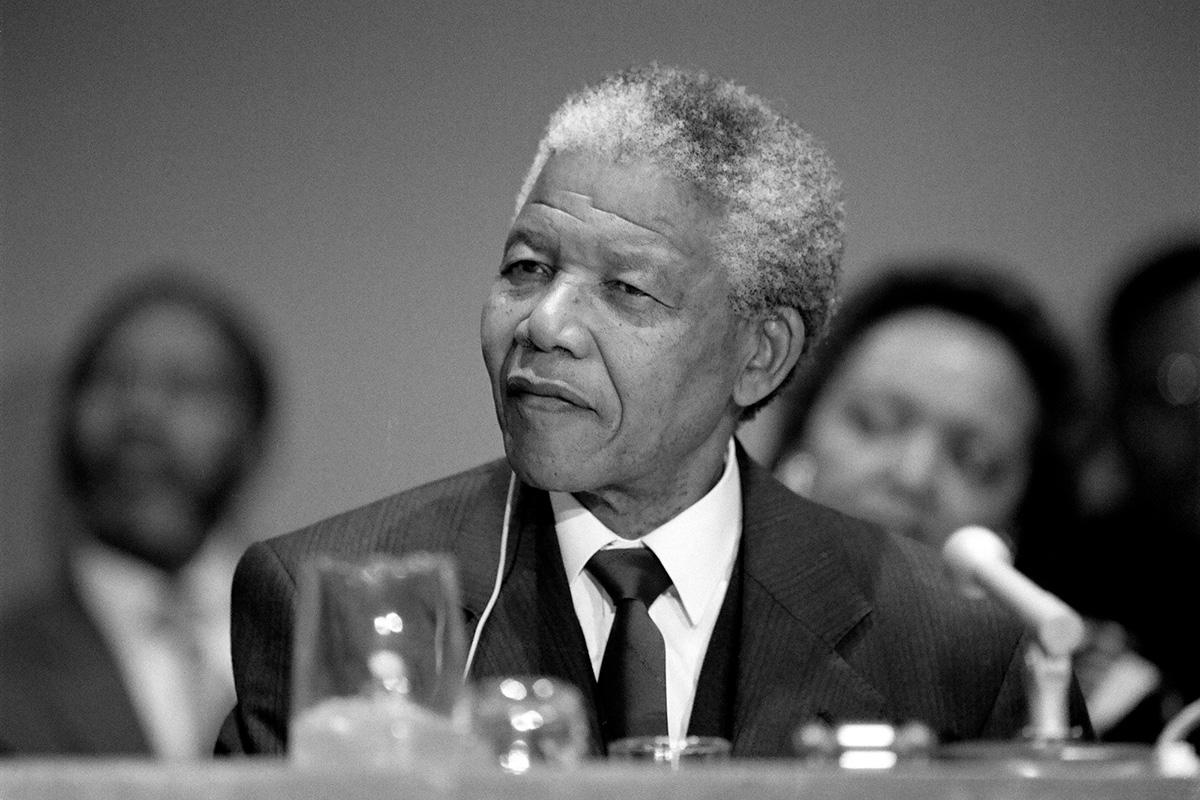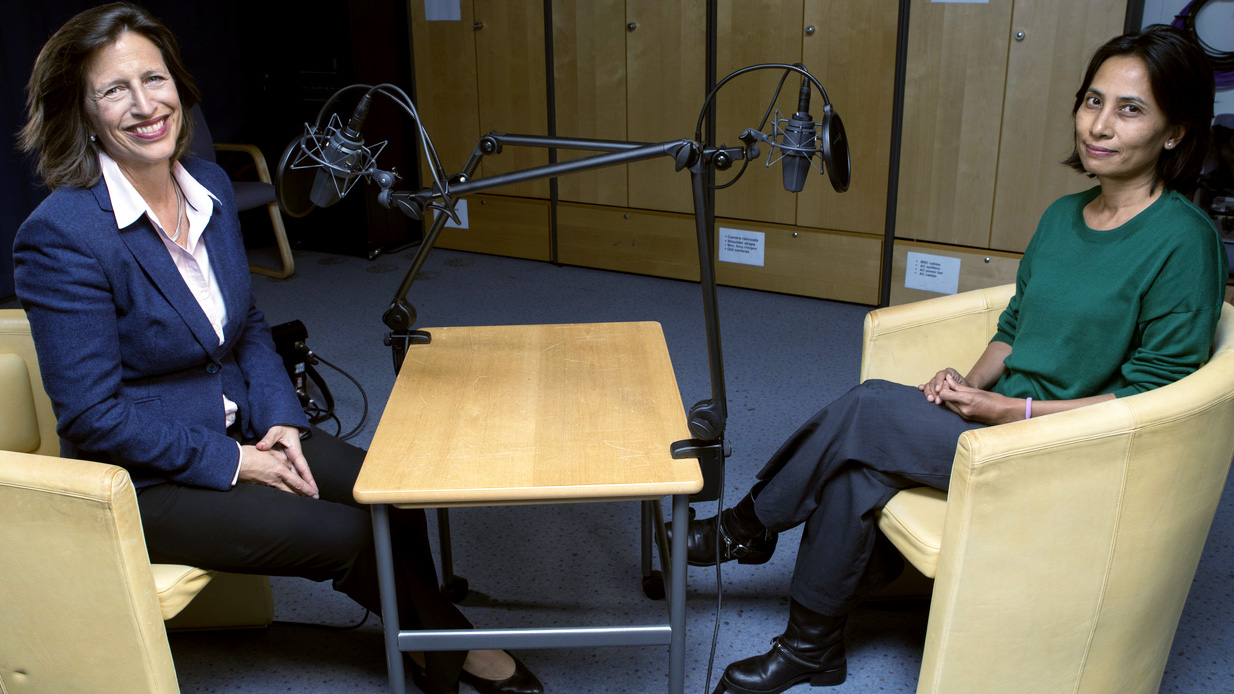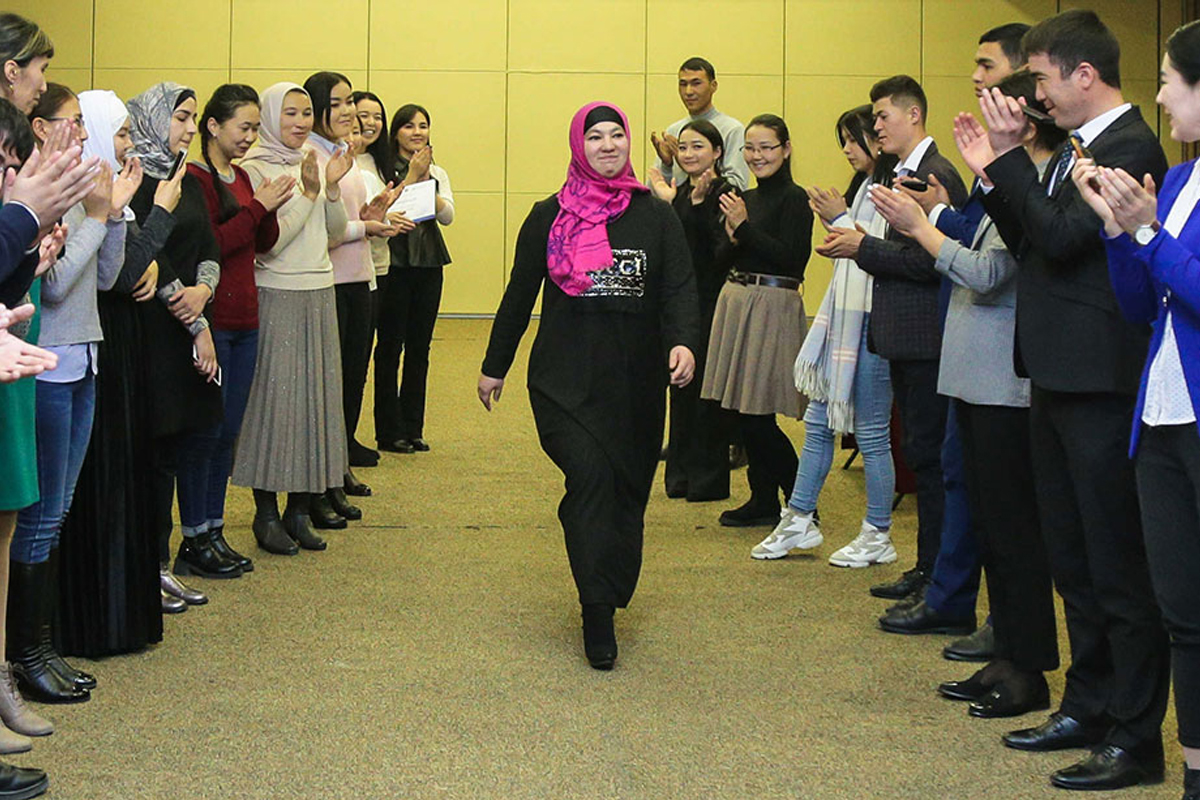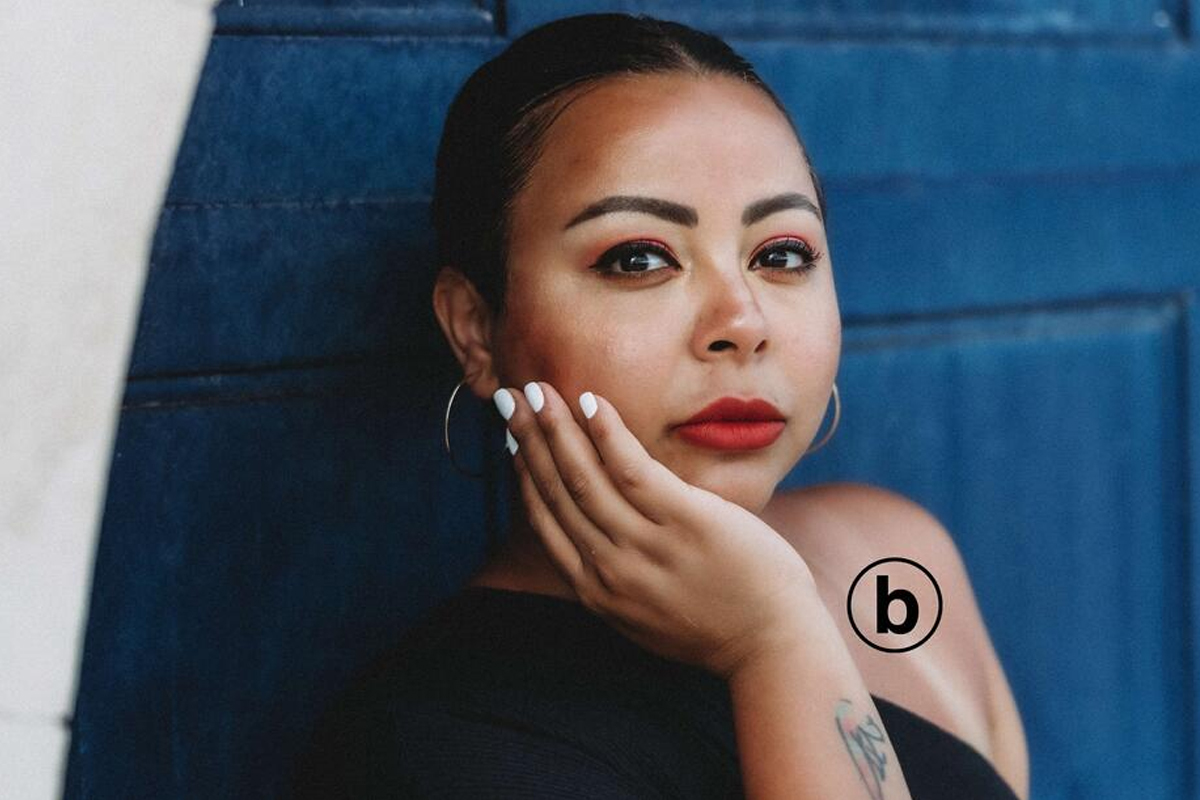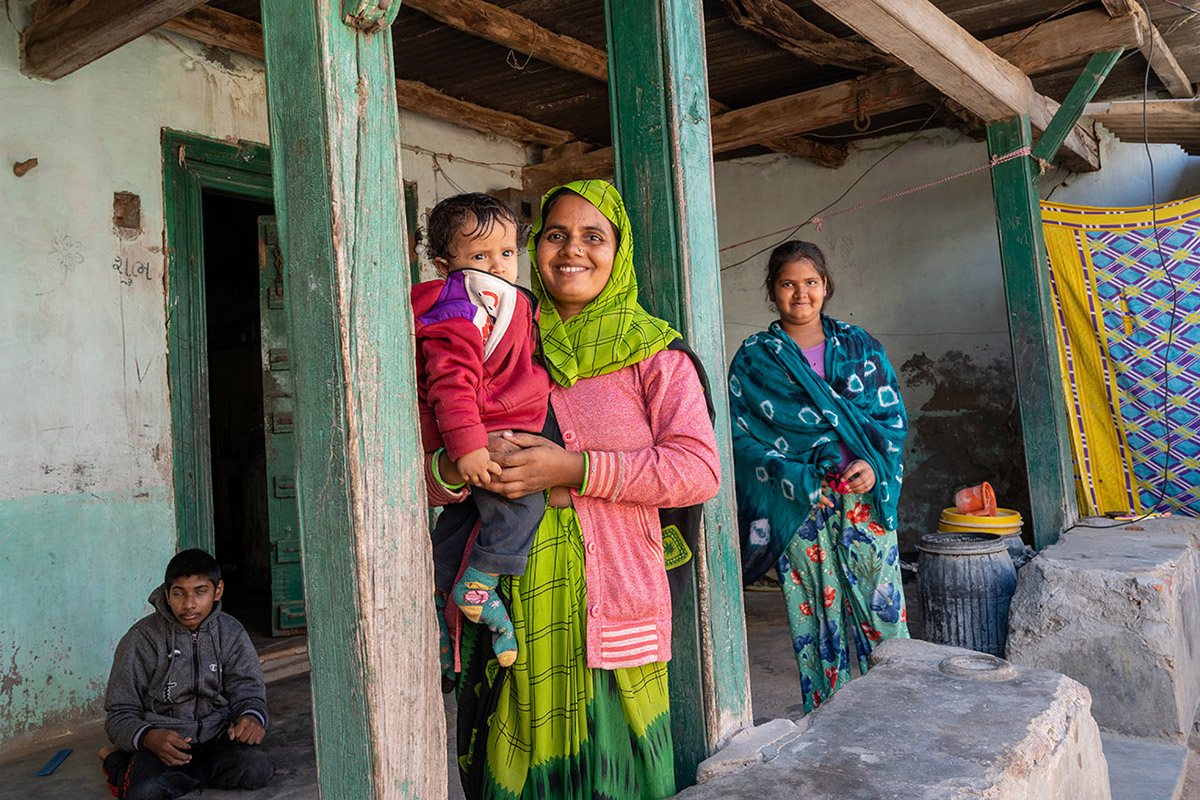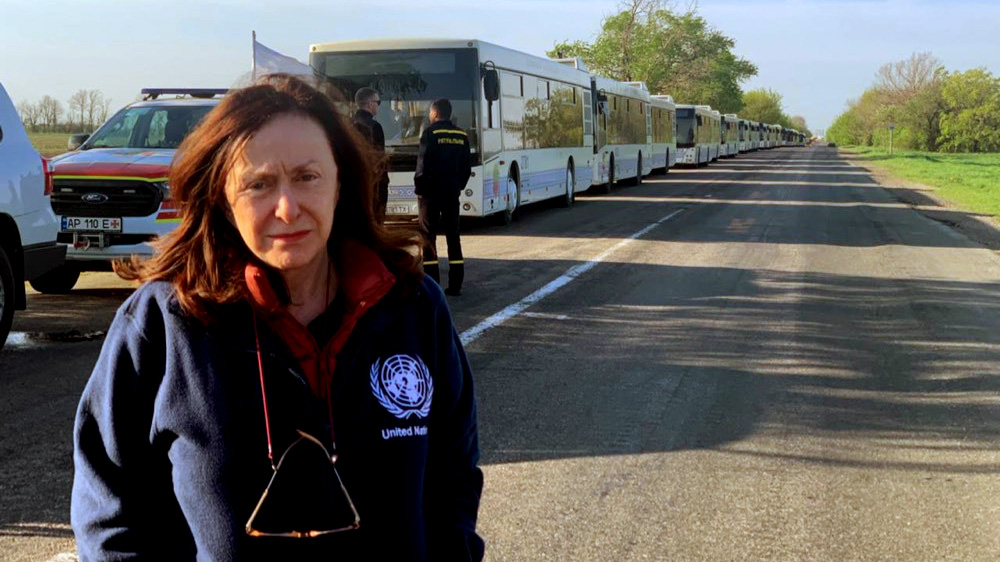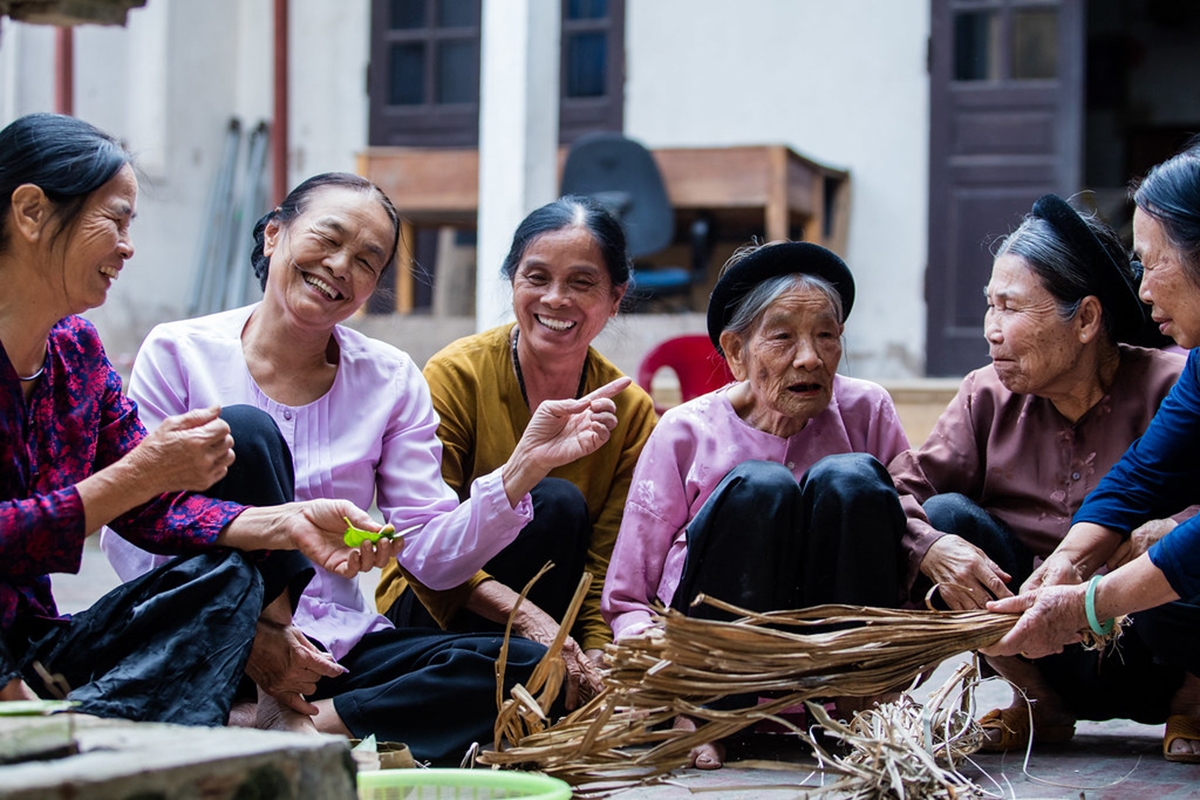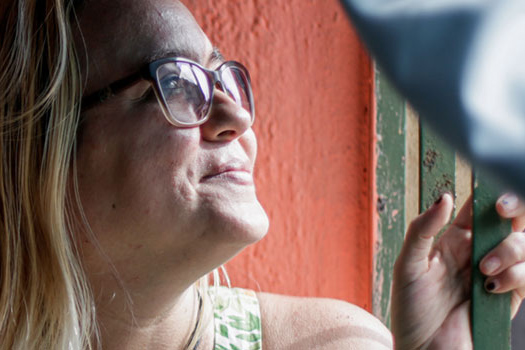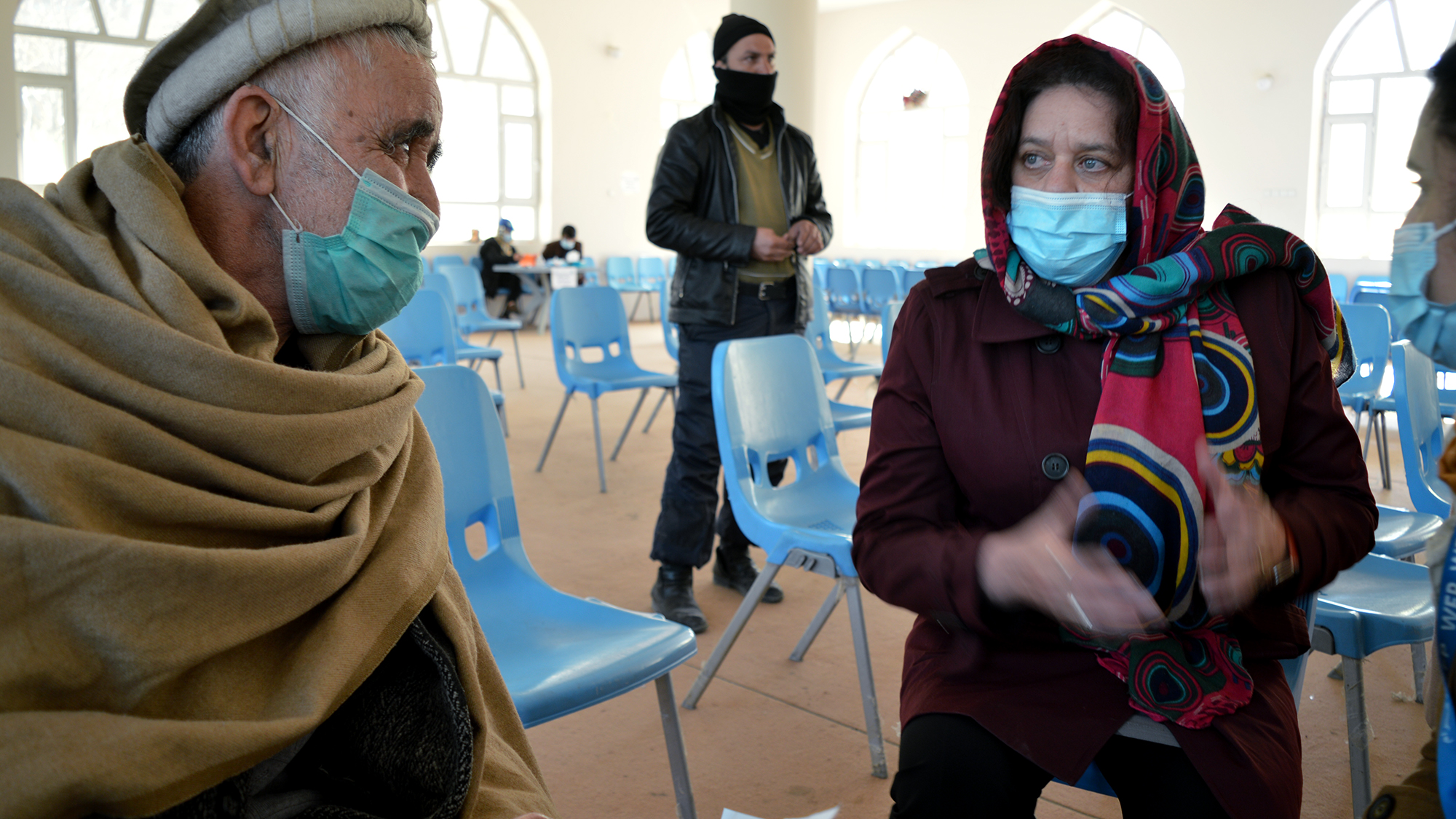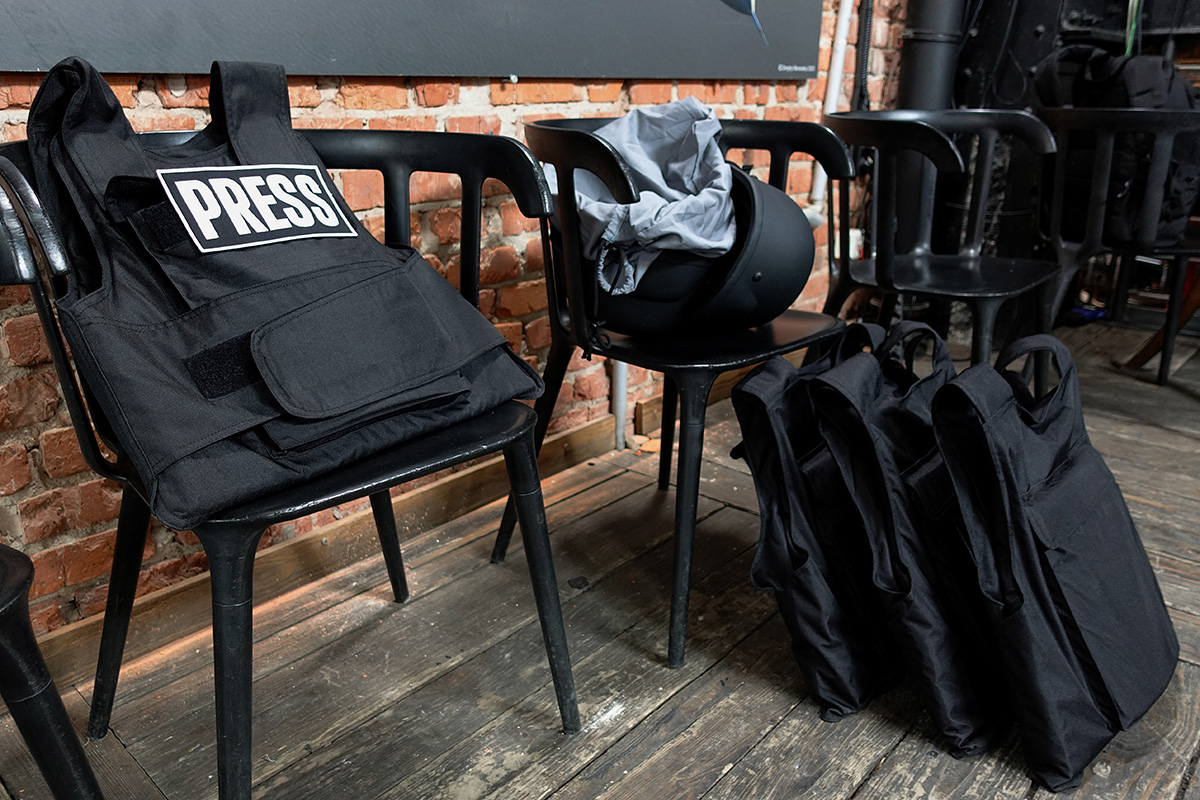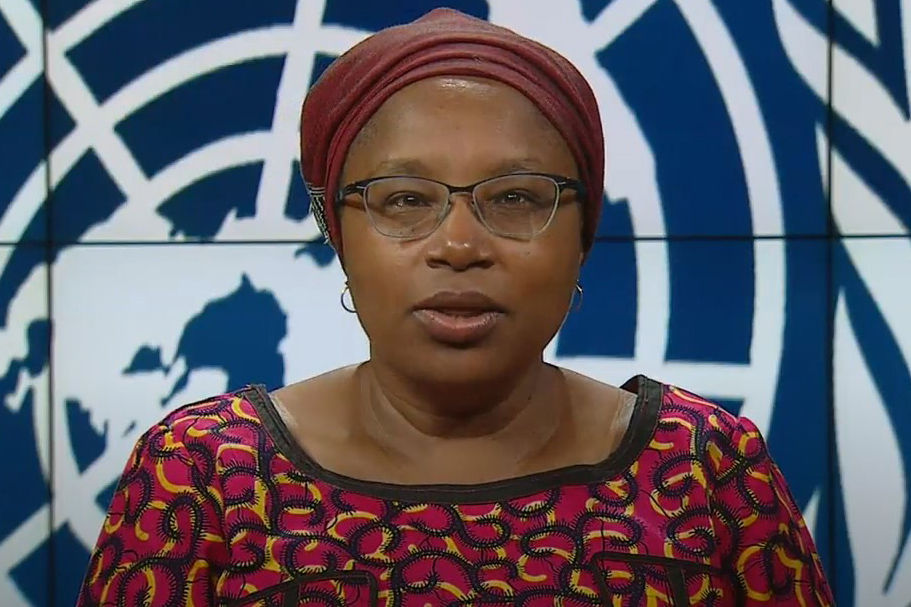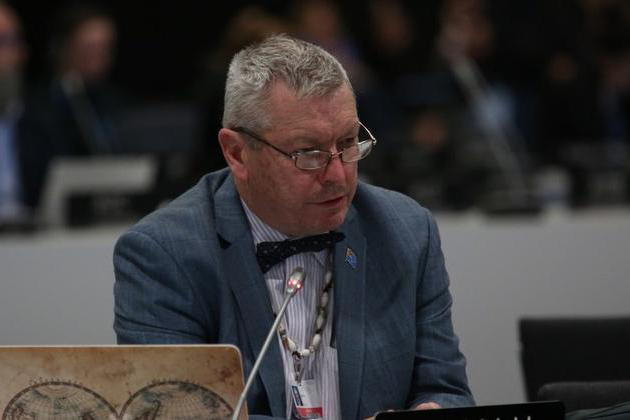The world honours a leader of unparalleled courage and towering achievement. Nelson Mandela was a healer of communities and a mentor to generations. On Nelson Mandela International Day, UN Secretary-General António Guterres, makes a call to honour Nelson Mandela’s legacy by taking action. “By speaking out against hate and standing up for human rights. By embracing our common humanity – rich in diversity, equal in dignity, united in solidarity. And by together making our world more just, compassionate, prosperous, and sustainable for all.”
Human Rights
“It’s difficult because you’re wondering why others have died and you’re alive. And for those who did not survive […] I felt like having a responsibility somehow to do something that would make them proud of me.” Monique Sokhan survived the Cambodian genocide, having fled the Khmer Rouge terror when she was just a small child. Now, working as Senior Protection Coordinator, at UNHCR’s Regional Bureau for Asia and the Pacific, she is still searching for answers about the atrocities that killed many of her family members.
Dedicating her life to humanitarian work, Monique soon found herself face to face with the very people who were responsible for killing her own family and friends. In this special bitesize episode, she reflects on her quest to understand the perpetrators of genocide, on reserving judgement, and on the unanswered questions that continue to haunt her.
Photo: ©UNHCR/Susan Hopper
In 2010, the streets of Osh in southern Kyrgyzstan experienced tragic events, residents would like to forget: an inter-ethnic conflict between Uzbeks and Kyrgyz that killed at least 426 people, burned down 2500 homes and forced thousands to flee. Today, nearly 28% of Kyrgyzstan’s population is composed of ethnic minorities but fewer than 5% of civil servants come from these groups. In the Osh and Djalal-Abad regions, an internship programme designed by UN Human Rights has expanded opportunities in the civil service for ethnic minorities, women and people with disabilities.
Attacks on female journalists have reached unprecedented levels. A recent UNFPA report noted that women journalists, human rights defenders, activists and leaders are disproportionately attacked, with public forums being used to threaten, harass and stalk, and to promote hate speech targeting them. “It’s chilling and sets a dangerous precedent for human rights violations,” said Reem Abdellatif, an Egyptian-American journalist who has endured abuse because of her profession. Hate speech has been recognized by the United Nations as a major threat to peace and human rights.
For many women around the world, the devastating loss of a partner is magnified by the long-term struggle for their basic rights and dignity. Even though there are more than 258 million widows around the world, historically, widows have been left unseen and unsupported. Today, as armed conflicts, displacement, and the COVID-19 pandemic leave women newly widowed or with disappeared partners, the unique experiences and needs of widows must be brought to the forefront. This International Widows’ Day, let’s make their voices lead to the path to equality.
“What is keeping me awake at night is the horror of knowing that it hasn't ended yet and that there are more people alive today that are very likely to be dead tomorrow.”
Osnat Lubrani knows first-hand the horrors of war. As UN Resident Coordinator and Humanitarian Coordinator in Ukraine, she has witnessed the dramatic changes since the Russian invasion and rapidly mounting needs as the war tears lives apart across the country. At least 15.7 million Ukrainians are now in urgent need of humanitarian aid, with the UN working to expand existing programs and establish new life-saving operations. Yet access to some of the most vulnerable is proving extremely problematic. In this episode, Osnat Lubrani reflects on the frustrating battle to reach them, what it feels like to receive distressing cries for help, and what gives her hope when all seems lost.
Photo: ©Osnat Lubrani
Older persons can remain invisible and unprotected, and structural barriers are overlooked. Existing international human rights frameworks lack a comprehensive legal instrument that defines normative standards for protection of older persons against neglect, abuse and violence. In observing this year’s World Elder Abuse Awareness Day (15 June), an expert panel will present overall trends of violence against older persons and present five priorities to combat violence against older persons in the Decade of Healthy Ageing (2021-2030). Let’s combat elder abuse together!
Punitive laws have been shown to block HIV service access and increase HIV risk. Decriminalization is a critical element to end AIDS by 2030.
Menstruation is intrinsically related to human dignity. For millions, this most natural of the reproductive cycle functions can equate to abuse, stigma, missed opportunity and loss of dignity. To support menstrual health and hygiene, UNFPA has included thousands of kits as part of the humanitarian response to conflict and natural disasters.
“Some days, I sometimes wish I hadn't been here before the 15th of August, because then I wouldn't have seen the hope and the promise and the potential.”
What is it like living and working in Afghanistan as a woman leader of a UN Agency? Mary-Ellen McGroarty witnessed the Taliban takeover in Afghanistan in August 2021. As Head of the World Food Programme (WFP) in the country, she has seen first hand the seismic shift in the economic, political and cultural landscape. Now, over 50% of Afghans are threatened with hunger. People are unable to go out to work either because of the economic crisis or, in the case of millions of women, because of new restrictions on their freedom. In this episode, Mary-Ellen McGroarty reflects on the impact of the takeover, the scale of the ensuing humanitarian crisis, and what it’s like sitting face to face with the Taliban.
Photo: © WFP/Wahidullah AMANI
All families are different. Some have a mum, dad and kids. Some have two mums or two dads. Some have many generations. Others are just two people. Others still are a ‘chosen family’ or a group of close friends. All families are different. At their best, they provide community, support, and the courage to be your best self. They make you feel seen. Safe. At home. They empower you to thrive. UN Human Rights celebrates families in all their amazing diversity - the families who love and accept you just the way you are. Celebrate with us!
UNESCO is supporting journalists in Ukraine by establishing a hotline for journalists in need, translating a manual on journalists’ safety, and providing protective equipment and training. A mission of a team of two UNESCO experts took place on 21-22 April was also designed to assess the needs of journalists in Ukraine and suggest ways they could be met. With over 5000 journalists accredited to cover the frontlines, training on reporting in high-risk environments, trauma journalism and psychosocial support, was identified as an important priority by the UNESCO mission.
To prevent atrocity crimes, it is critically important to understand their root causes. Crimes, such as genocide and crimes against humanity, are not spontaneous acts. They develop as a process over time, during which it may be possible to identify warning signs, including hate speech targeting specific groups. Therefore, the Office of the Special Adviser on the Prevention of Genocide is the focal point for the implementation of the UN Strategy on Hate Speech.
This year’s World Press Freedom Day spotlights how journalism is endangered by surveillance and digitally mediated attacks on journalists. Surveillance can expose information gathered by journalists and whistle-blowers and violates the principle of source protection. Surveillance may also harm the safety of journalists by disclosing sensitive private information, which could be used for harassment or attack. A global conference, taking place on 2-5 May, discusses how surveillance impacts journalism, freedom of expression, privacy, and the public trust in digital communications.
Demonstrating the wide-ranging consequences of the climate crisis, the UN Human Rights Council has appointed the first-ever Special Rapporteur on the Promotion and Protection of Human Rights in the context of Climate Change. Ian Fry, who is of Australian and Tuvalu heritage, teaches environmental policy at the Australian National University in Canberra. As UN Special Rapporteur, he will be tasked with studying how climate change affects the full enjoyment of human rights, and recommend ways to prevent these effects.
In an interview with the UN’s Julia Dean, Mr. Fry explained why the Human Rights Council created his new role.
Audio Credit: UN/ Julia Dean
Audio Duration: 7'
Photo Credit: Kiara Worth

